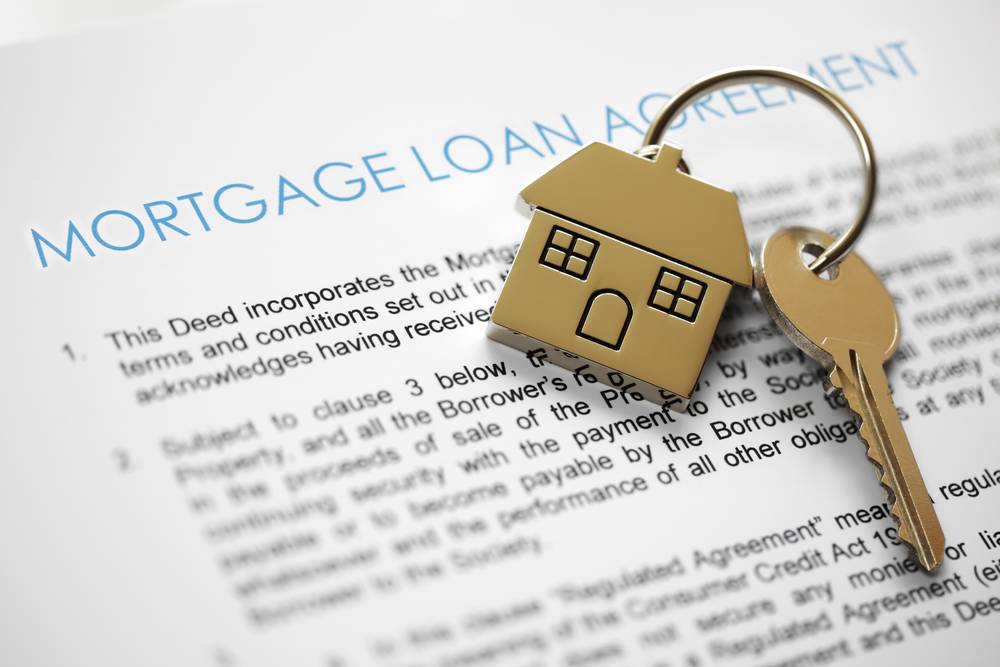What is mortgage?
A mortgage is a loan that helps you pay for your home. When you take out a mortgage, you agree to pay back the loan over a set period of time, usually 15 or 30 years. Each month, you'll make payments toward your principal balance and interest rate. Your interest rate will stay the same for the life of your loan unless you refinance.
There are two main types of mortgages: fixed-rate and adjustable-rate (also known as ARM). With a fixed-rate mortgage, your interest rate stays the same throughout the life of your loan. This gives you stability and peace of mind knowing what your monthly payment will be for the duration of your loan term. An ARM has an initial low fixed-rate period followed by periodic adjustments upward or downward based on current market rates.
Benefits of Mortgage
A mortgage is a loan that helps people buy a home. The benefits of a mortgage include the ability to purchase a home, build equity, and receive tax breaks. A mortgage can also help people improve their credit score and secure lower interest rates on other loans.
Drawbacks of Mortgages
There are many potential drawbacks to taking out a mortgage, even if it ultimately helps you purchase your dream home. Here are some of the key cons to consider before signing on the dotted line.
1. You're Stuck With a Monthly Payment: One of the biggest drawbacks of a mortgage is that you're locked into making monthly payments for 15-30 years, depending on the terms of your loan. This can be tough to handle if interest rates rise or your financial situation changes and you can no longer afford the payments.
2. You're Paying Interest: Another downside to mortgages is that you'll typically have to pay interest on your loan, which can add up over time and increase the overall cost of your home purchase. The good news is that there are tax deductions available for some of this interest paid (consult with a tax advisor for details).
3 .You May Need Private Mortgage Insurance: If you don't have a large down payment saved up, you may be required to pay private mortgage insurance (PMI) as part of your monthly mortgage payment until you've built up enough equity in your home (usually 20%). This added expense can further increase the cost of homeownership .
Some lenders offer programs that allow borrowers to avoid PMI if they meet certain criteria such as completing an approved homeownership education course.. Check with yours to see what options may be available .




No comments yet
Be the first to share your thoughts!